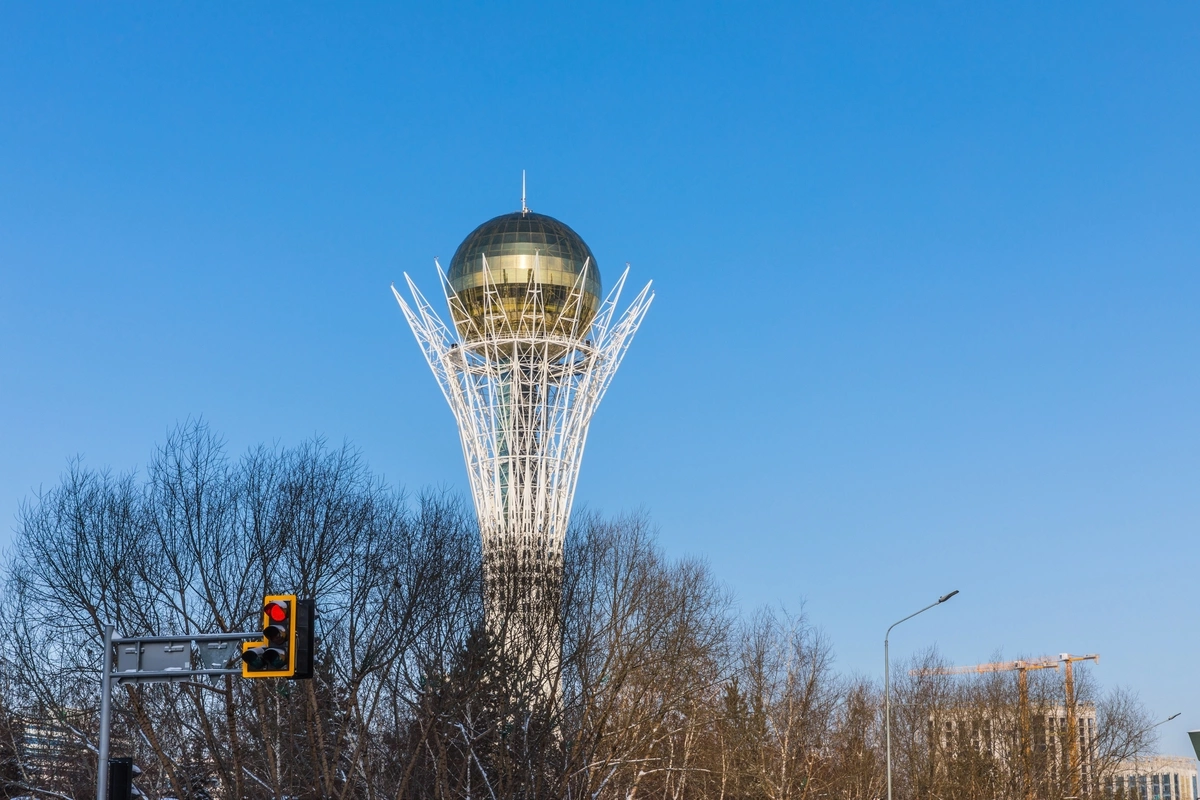
As the government in Kazakhstan is reviewing a new bill with harsher sentences and penalties for domestic violence, Kazakh politicians continue to shock the public with their misogyny.
Image: Damira/Shutterstock
The year has just begun, but Kazakh politicians have already made the news with their latest misogynist comments. The beginning of February shed light on two instances where deputies of Kazakhstan’s Majilis—the lower house of the bicameral Parliament of Kazakhstan— said statements offensive to women and children.
The first happened on 1 February, when Kazakh deputies argued that they needed to stop funding pole dancing during a discussion on the government funding sports in Kazakhstan. Tansaule Serikov, a deputy of the Majilis, went even further, comparing pole dance with striptease. “A very large amount of money is wasted,” he added.
A few days later, on 4 February, the Kazakhstan Federation of Air Sports Equilibrium published a video appealing to President Tokayev to take measures against the deputies Tansaule Serikov and Daulet Mukayev. The latter, according to the Federation, “disgraced and slandered our sport on his account with millions of audience on the Instagram social network!”
In their appeal, air sports teams from different cities in Kazakhstan joined together to present their concerns that sexualizing this sport by comparing pole dance to strip dance, while the majority of athletes in the Federation are underage children, puts them in danger of being bullied and shamed by the Kazakhstani society. In addition to that, they argued that although this sport is “relatively young” in Kazakhstan, it is “rapidly developing,” and their athletes “are multiple winners of international championships and world champions” who “glorify Kazakhstan throughout the world.”
Another Kazakh deputy who has already distinguished himself this year was Anas Bakkozhayev. During the ongoing discussions on toughening penalties for crimes against women and children, Bakkozhayev gave a speech in which he blamed women and their “long tongues” for suffering domestic violence against themselves.
“I support the proposed bill. Only the most unfortunate of men would decide to raise a hand against a woman. However, not all quarrels begin because of beatings and fights. Where do conflicts begin? Of course, because of the woman's long tongue. I apologize to women, but there are such facts. Kazakhs say, ‘A good woman is grace, a bad woman is quarrels,’ or ‘A woman who is good for a man is good for the country.’ Unfortunately, we are moving further and further away from Kazakh upbringing,” the deputy said.
Although the above-mentioned bill is supposed to change things for the better for women and children, deputies reminiscing about the days when women didn’t have the right to vote or speak their minds freely and talk about it publicly puts in jeopardy the work that is being done by women’s right activists, who have been fighting for the better laws protecting women and children for years now.
At the end of 2023, Senate deputy Zhanna Assanova stated that the bill on domestic violence was sent for consideration to Majilis. She also added that in 2023, due to domestic violence, 69 women and seven children were killed, 99,000 complaints were filed, and 2452 crimes were committed against minors.
The new bill includes harsher sentences for such crimes as intentional infliction of minor harm to health, which could result in a fine of up to 738,400 tenge ($1,646), community service for up to 200 hours, or arrest for up to 50 days; causing grievous bodily harm could now lead to three to eight years of imprisonment; causing average harm to health in imprisonment for up to two years; penalty for beatings could either result in a fine for up to 295,360 tenge ($659), community service for up to 80 hours or arrest for up to 25 days; torture could be penalized by community service for up to 600 hours or imprisonment for up to three years; propaganda of suicide will lead to a fine of up to 738,400 tenge ($1,646); while incitement to suicide could lead to imprisonment for up to three years. The harshest sentences would be life imprisonment for sexual violence against a minor and murder of a minor, Orda.kz reports.
Share on social media